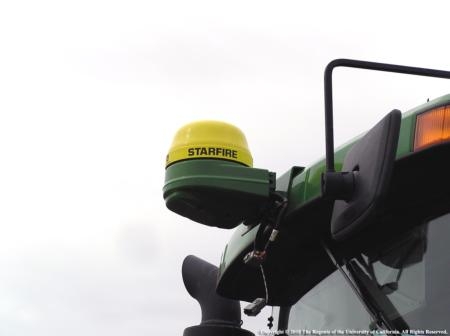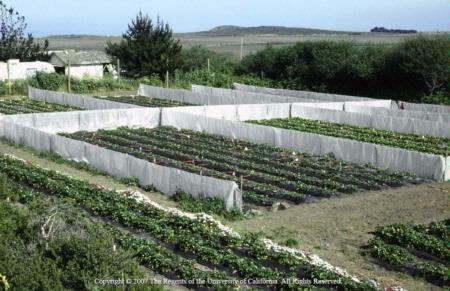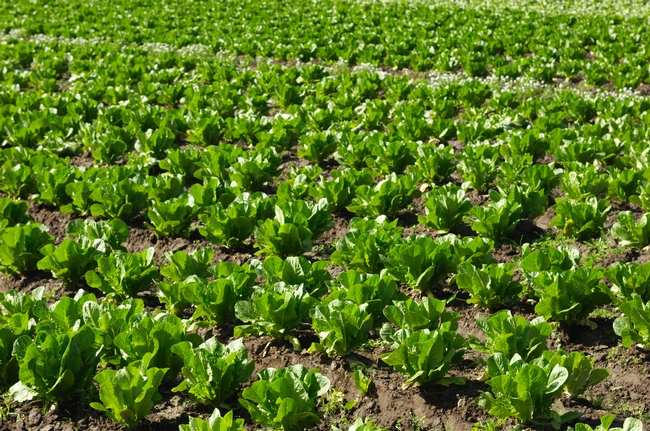
Posts Tagged: organic production
Organic Strawberry Production Manual
Written by a team of authors, including UCCE Ventura County’s Oleg Daugovish the recently published Organic Strawberry Production Manual is full of fantastic information.
In 2009 organic strawberry sales in California totaled $55 million, up substantially from $2 million in 1997. Organic production is projected to continue to increase, and this detailed how-to guide will help those working with the organic production of strawberries.
This publication is designed for commercial growers, pest control advisors, consultants, marketers, industry professionals and other interested in the organic growing and certification process.
Topics include:
- Selecting plant varieties
- Managing crops
- Identifying and managing pests and diseases
- Making the switch from conventional to organic growing
- Pursuing organic certification
- And much more
To learn more, please visit this page of the UC ANR Catalog. To receive 10% off your online order, please use promo code, PRVEN56. In addition to your discount, a portion of the sale will help support local programs.
Small Farm News
The first Small Farm News of 2012 is ready for viewing! As always this newsletter is full of relevant and practical information to assist small-scale farmers and ranchers.
Topics in this issue are:
- Workshops to prepare growers for food safety
- Building statewide support for California agritourism
- Selling wholesale at a farmers market
- Tips for growing, selling organic
- CSA operators offer tips
- How to identify ‘snake-oil’ products
- Pedro Ilic Award honors Paul Vossen
The newsletter can be found on this page of the UC Small Farm Program website.
New edition of Small Farm News
The first Small Farm News of 2012 is ready for viewing! As always this newsletter is full of relevant and practical information to assist small-scale farmers and ranchers.
Topics in this issue are:
- Workshops to prepare growers for food safety
- Building statewide support for California agritourism
- Selling wholesale at a farmers market
- Tips for growing, selling organic
- CSA operators offer tips
- How to identify ‘snake-oil’ products
- Pedro Ilic Award honors Paul Vossen
The newsletter can be found on this page of the UC Small Farm Program website.
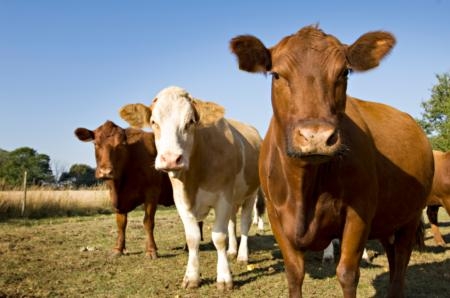
Sustainable Agriculture Research & Education (SARE) Learning Center
Dedicated to advancing innovation in sustainable agriculture, SARE has many resources and learning opportunities available. At their Learning Center website you will find links to handbooks, bulletins, online courses, fact sheets, videos, newsletters, and more. Hardcopy resources can be ordered through the SARE WebStore. All online resources are available at no cost.
Topics include:
- Animal Production
- Community Development
- Crop Production
- Economic/Marketing
- Education & Training
- Energy Conservation & Renewable Energy
- For consumers
- Integrated Systems
- Natural Resources/Environment
- Pest Management
- Quality of Life
- Soil Management
- Specialty Crops
- Value Added Products
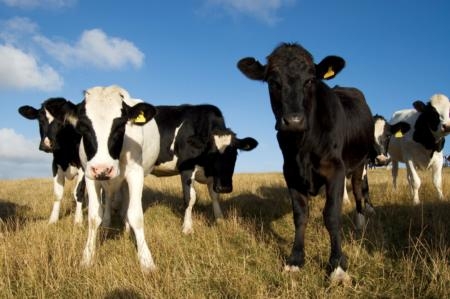 SARE has a wide assortment of free online resources designed to educate food producers and consumers.
SARE has a wide assortment of free online resources designed to educate food producers and consumers.
Feeding a Hungry Planet
Agricultural innovation and technological advances have been harvested from UC Davis over the last century. As advances are achieved, our growing global population applies pressure for researchers to achieve more. California is a top world-wide producer of agricultural products, and California researchers work hard to find new and better ways to produce food.
The UC Davis College of Agricultural and Environmental Sciences (CA&ES) does much to contribute towards this effort. The recent CA&ES Outlook: Feeding a Hungry Planet highlights current research and innovations to provide agricultural producers knowledge and technology needed to make better, faster, and economically sound decisions. This work is focused towards agriculture, conservation, and economics. The articles are interesting and provide much food for thought.
For instance:
- Everyone needs to eat, and our global population is growing quickly. Economists have documented substantial long-term benefits of agricultural research.
- To continue feeding a growing population we have two options: increase yields on land already in production, or expand agriculture onto new land.
- UC researchers are developing “precision agriculture”, which used global positioning systems (GPS), geographic information systems (GIS), wireless networks, and innovative sensor technology to deliver precise amounts of water, fertilizer and pesticides for individual plants or small blocks of plants. This individualized management will save growers money and lesson the potential environmental load possible from excess fertilizer and pesticide use.
- Using GPS, a mechanical weeder has been developed. This will save growers money and reduce the need for herbicide use. On-campus testing has been successful and the weeder will be tested in a commercial field next year
- Increasing biodiversity on and near the farm provides many benefits towards increased food production while increasing the sustainability of farming systems.
Learn more about these topics and many others in the Fall/Winter edition of CA&ES Outlook. To find out more about UCD’s College of Agricultural and Environmental Sciences, or to view previous publications please visit their website.
